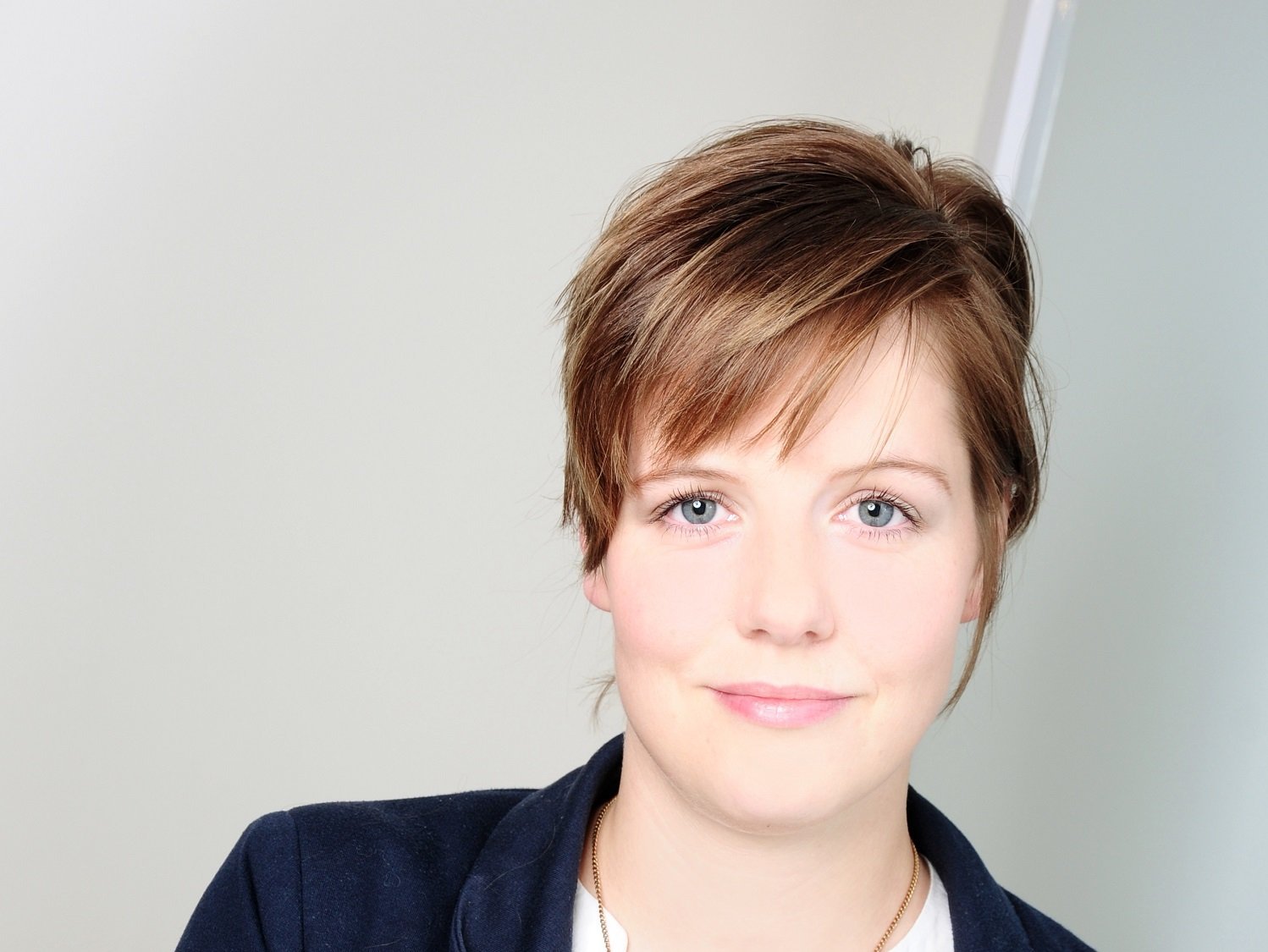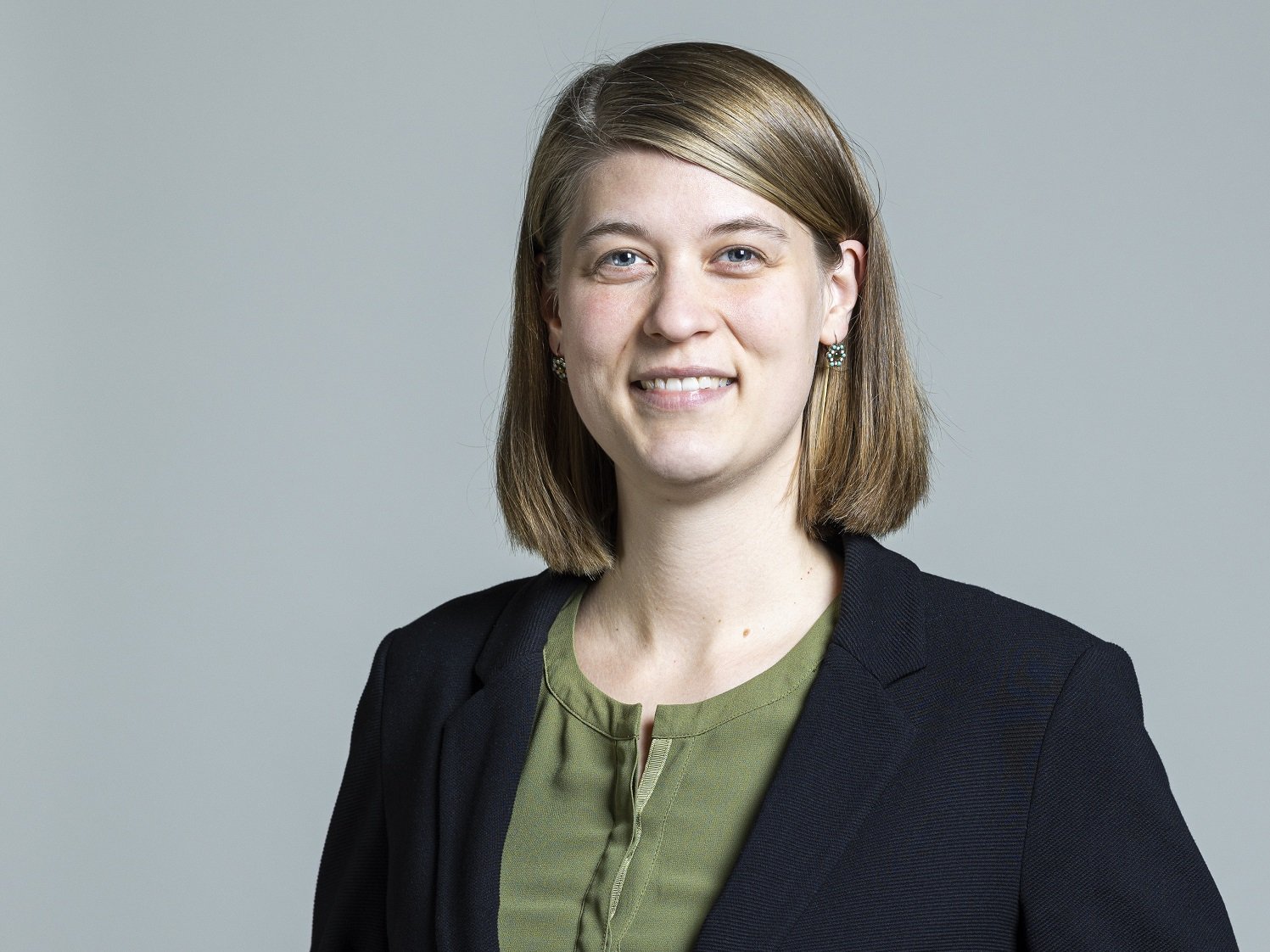(For English version, see below.)
Die Abteilung Lebenswissenschaften und Gesundheitstechnologien bietet im Wintersemester 2023/24 erstmalig ihre Ringvorlesung an (4 Termine pro Semester) und lädt herzlich alle Mitglieder des PK NRW und Interessierte der Trägerhochschulen dazu ein. Die Veranstaltungen werden online angeboten. Der Link zu den einzelnen Vorträgen wird im Vorfeld durch die Koordination per E-Mail an alle Mitglieder der Abteilung sowie auf Anfrage an Interessierte gesendet.
Mittwoch, 18. Oktober 2023, 10:00-11:30 Uhr
AI in Chemistry
Prof. Dr. Achim Zielesny (Westfälische Hochschule)
Artificial intelligence is undoubtedly a hype topic that attracts a lot of attention, arouses great expectations and raises major concerns. What impact will it have on chemistry and molecular sciences? After an introduction to machine learning, outlining its main features and assessing its capacity and performance, its current and potential applications in chemistry will be outlined and discussed through several examples and personal research activities. During the talk, an assessment of the "game-changing" potential of this new type of technology will be provided.
Mittwoch, 15. November 2023, 09:00-10:30 Uhr
Transformation der Ernährungssysteme im Zeichen globaler Veränderungen (insbesondere der Klimaveränderungen)
Prof. Dr.-Ing. Jan Schneider (TH OWL)
Die anthropogen verursachten Veränderungen des Klimas sind längst ganz oben im politischen und gesellschaftlichen Diskurs angekommen. In Forschung und Wirtschaft lenken wir unsere Aufmerksamkeit vor allem auf die sogenannte Energiewende und die Mobilitätswende. Es wird jedoch noch nicht ausreichend über eine „Ernährungswende“ gesprochen. Ein Positionspapier des Wissenschaftsrates von 2023 fordert daher auch die Übernahme von Verantwortung der Forschungsinstitute bei der dringend notwendigen Transformation unserer Agrar- und Ernährungssysteme. Vor diesem Hintergrund fokussiert sich die Vorlesung darauf, welche Rolle unsere Ernährungsformen bzw. bestimmte Diäten (zum Beispiel mediterrane, vegane oder vegetarische) spielen, aber auch die Möglichkeiten sogenannter „Novel and Future Food“ und wie sich unsere Ernährung ändern muss. Wir gehen der Frage nach, welchen Beitrag die Lebensmittel zum Global Warming Effect insgesamt und im Einzelnen leisten und welche Faktoren im Produktlebensweg der Lebensmittel hierbei besonders ausschlaggebend sind. Schließlich werden aktuelle Studien vorgestellt, die die Auswirkungen von veränderten Ernährungsformen auf das Klima berechnen. Der Beitrag versteht sich als Prämisse und Motivation für all diejenigen, die in der Forschung an technisch-technologischen Fragen der Lebensmittel im Bereich Agrartechnologie, Biotechnologie und Lebensmitteltechnologie arbeiten, richtet sich zugleich aber auch an alle Menschen, die Lebensmittel konsumieren.
Mittwoch, 13. Dezember 2023, 13:00-14:30 Uhr
Synthesis and characterization of bio-based amphiphilic molecules for cosmetic applications
Prof. Dr. Ulrich Schörken (TH Köln)
Surfactants and emulsifiers are amphiphilic molecules, which are essential ingredients of cosmetic formulations like creams, lotions or shampoos. In the past, these compounds were often produced from petrochemical raw materials. Today a clear trend towards greener and bio-based products is visible. This lecture will present an overview about bio-based surfactants, their synthesis and molecular architecture as well as current development examples from our research group. The biocatalytic and chemical synthesis of amino acid surfactants, the microbial production of novel sophorolipid emulsifiers and the enzymatic synthesis of bioactive catechol glucosides will be covered.
Freitag, 26. Januar 2023, 10:00-11:30 Uhr
Medical significance of cell mechanics and advanced cell force measurement Technology
Prof. Dr. Aysegül Artmann (FH Aachen)
As the architectonical framework of all eukaryotic cells, the cytoskeleton (the microtubules, intermediate filaments, etc.) is the base for all mechanical processes on the cellular level, from proliferation over migration to wound healing and aging. Even though these filaments have already been vastly researched by quantitative methods such as gel electrophoresis, PCR, and Elisa, especially their uni - biaxial mechanical interaction and their rearrangements-responses have many open questions. Hypertension, wound healing, and aging in-vitro models have been used at our institute, and the presentation will focus on these examples and published papers. The mechanopathophysiological changes at the cellular level are a complicated natural process. Most of our organism systems' cells work under mechanical load, influenced significantly by the cell membrane, cell cytoskeleton, etc., and by the extracellular tissue matrix. The cell cytoskeleton changes by induced aging changes might have remarkable impacts on the mechano-responses of a cell. We will also focus on understanding these mechano–responses from sensing (inputs) to responding (outputs). The CellDrum-based Cell Force Measurement Technology technology was initially developed based on the ideas of Prof. Dr. rer. nat. habil Gerhard Artmann, and it will be presented during the talk. This technology allows the measurement of functional cellular force generation, considering the cellular arrangement and composition of the extracellular matrix (ECM) and the anchoring of the cells within the surrounding matrix. Cellular mechanobiology research provides crucial progress to understand better many medical pathophysiological mechanisms like cardiovascular, gastrointestinal system, and/or skin problems. It will reveal new insights for more effective therapy approaches, including personalized medicine, in the future.
English version:
The Department for Life Sciences and Health Technologies is offering its lecture series for the first time in the winter semester of 2023/24 (4 sessions per semester) and warmly invites all members of the PK NRW and interested individuals from our Supporting Universities to attend. The events will be held online. The link to each lecture will be sent in advance via email to all department members and upon request to interested parties.
Wednesday, 18 Octobre 2023, 10:00-11:30 a.m.
AI in Chemistry
Prof. Dr. Achim Zielesny (Westphalian University of Applied Sciences)
Artificial intelligence is undoubtedly a hype topic that attracts a lot of attention, arouses great expectations and raises major concerns. What impact will it have on chemistry and molecular sciences? After an introduction to machine learning, outlining its main features and assessing its capacity and performance, its current and potential applications in chemistry will be outlined and discussed through several examples and personal research activities. During the talk, an assessment of the "game-changing" potential of this new type of technology will be provided.
Wednesday, 15 November 2023, 09:00-10:30 a.m.
Transformation der Ernährungssysteme im Zeichen globaler Veränderungen (insbesondere der Klimaveränderungen)
Prof. Dr.-Ing. Jan Schneider (OWL University of Applied Sciences and Arts)
Die anthropogen verursachten Veränderungen des Klimas sind längst ganz oben im politischen und gesellschaftlichen Diskurs angekommen. In Forschung und Wirtschaft lenken wir unsere Aufmerksamkeit vor allem auf die sogenannte Energiewende und die Mobilitätswende. Es wird jedoch noch nicht ausreichend über eine „Ernährungswende“ gesprochen. Ein Positionspapier des Wissenschaftsrates von 2023 fordert daher auch die Übernahme von Verantwortung der Forschungsinstitute bei der dringend notwendigen Transformation unserer Agrar- und Ernährungssysteme. Vor diesem Hintergrund fokussiert sich die Vorlesung darauf, welche Rolle unsere Ernährungsformen bzw. bestimmte Diäten (zum Beispiel mediterrane, vegane oder vegetarische) spielen, aber auch die Möglichkeiten sogenannter „Novel and Future Food“ und wie sich unsere Ernährung ändern muss. Wir gehen der Frage nach, welchen Beitrag die Lebensmittel zum Global Warming Effect insgesamt und im Einzelnen leisten und welche Faktoren im Produktlebensweg der Lebensmittel hierbei besonders ausschlaggebend sind. Schließlich werden aktuelle Studien vorgestellt, die die Auswirkungen von veränderten Ernährungsformen auf das Klima berechnen. Der Beitrag versteht sich als Prämisse und Motivation für all diejenigen, die in der Forschung an technisch-technologischen Fragen der Lebensmittel im Bereich Agrartechnologie, Biotechnologie und Lebensmitteltechnologie arbeiten, richtet sich zugleich aber auch an alle Menschen, die Lebensmittel konsumieren.
Wednesday, 13 December 2023, 1:00-2:30 p.m.
Synthesis and characterization of bio-based amphiphilic molecules for cosmetic applications
Prof. Dr. Ulrich Schörken (TH Köln)
Surfactants and emulsifiers are amphiphilic molecules, which are essential ingredients of cosmetic formulations like creams, lotions or shampoos. In the past, these compounds were often produced from petrochemical raw materials. Today a clear trend towards greener and bio-based products is visible. This lecture will present an overview about bio-based surfactants, their synthesis and molecular architecture as well as current development examples from our research group. The biocatalytic and chemical synthesis of amino acid surfactants, the microbial production of novel sophorolipid emulsifiers and the enzymatic synthesis of bioactive catechol glucosides will be covered.
Friday, 26 January 2023, 10:00-11:30 a.m.
Medical significance of cell mechanics and advanced cell force measurement Technology
Prof. Dr. Aysegül Artmann (FH Aachen)
As the architectonical framework of all eukaryotic cells, the cytoskeleton (the microtubules, intermediate filaments, etc.) is the base for all mechanical processes on the cellular level, from proliferation over migration to wound healing and aging. Even though these filaments have already been vastly researched by quantitative methods such as gel electrophoresis, PCR, and Elisa, especially their uni - biaxial mechanical interaction and their rearrangements-responses have many open questions. Hypertension, wound healing, and aging in-vitro models have been used at our institute, and the presentation will focus on these examples and published papers. The mechanopathophysiological changes at the cellular level are a complicated natural process. Most of our organism systems' cells work under mechanical load, influenced significantly by the cell membrane, cell cytoskeleton, etc., and by the extracellular tissue matrix. The cell cytoskeleton changes by induced aging changes might have remarkable impacts on the mechano-responses of a cell. We will also focus on understanding these mechano–responses from sensing (inputs) to responding (outputs). The CellDrum-based Cell Force Measurement Technology technology was initially developed based on the ideas of Prof. Dr. rer. nat. habil Gerhard Artmann, and it will be presented during the talk. This technology allows the measurement of functional cellular force generation, considering the cellular arrangement and composition of the extracellular matrix (ECM) and the anchoring of the cells within the surrounding matrix. Cellular mechanobiology research provides crucial progress to understand better many medical pathophysiological mechanisms like cardiovascular, gastrointestinal system, and/or skin problems. It will reveal new insights for more effective therapy approaches, including personalized medicine, in the future.



